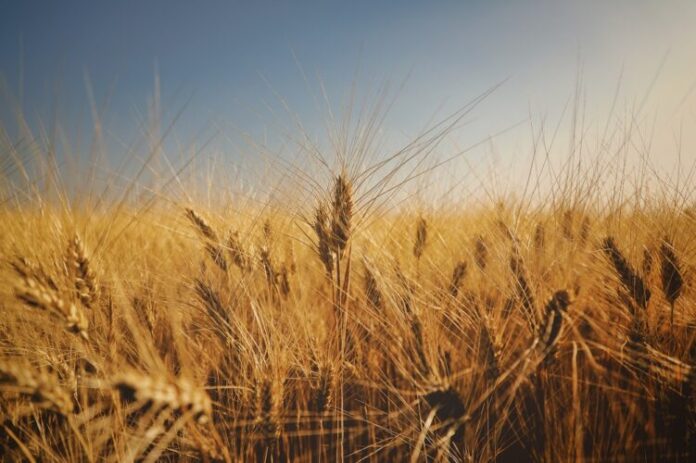The Grain Alliance Group, a grain producer in Ukraine, will receive a €10 million loan from the European Bank for Reconstruction and Development (EBRD) in order to increase and expand its intercontinental trade and investment and avoid Russian destabilization of exports via Ukrainian ports, which have historically transported more than 90% of the nation’s grain and oilseeds to foreign markets, the bank said in a press release. Ukraine is a major food producer, thus any supply shortages hurt Ukrainian agriculture as well as global food security.
By creating alternate transportation routes from Ukraine, The Grain Alliance Group has developed the resilience of both its own company and the agricultural industry as a whole. The company bought a grain logistics center in Cierna nad Tisou, which is located just across Slovakia’s border with Ukraine, in the spring of 2022.
With the help of the EBRD funding, the Slovak hub’s capacity for transshipment will increase to 400,000 tonnes annually. It will aid the Grain Alliance Group in expanding storage space, modernizing and automating infrastructure, and purchasing grain hoppers, trains, and trucks to ensure the safe transportation of grain from its Ukrainian elevators to the Slovak hub and then on to end consumers.
The continuation of income creation, the preservation of more than 1,000 employees, and ensuring access to means of subsistence for those impacted by Russia’s aggression on Ukraine will all depend on this investment.
Mid-sized Ukrainian agri-holding The Grain Alliance Group is owned by Sweden.
The financing is in accordance with the Solidarity Lanes program, a scheme put out by the European Commission and EU neighboring nations to protect global food security and support Ukraine’s economy, in which the EBRD is spending €300 million.
As Eurasia Business Today previously reported, recent years have seen a significant increase in the threats facing the global food industry. In addition, the rise of COVID-19, the conflict in Ukraine, and some other global events aggravated the issue and raised fresh concerns for nations all over the world.
To combat growing food insecurity and excessive inflation, the governments of Panama, Haiti, Mexico, Central America, and the Dominican Republic have put in place legislative measures that cost an average of 1.1% of their gross domestic product.
Nearly 62 million individuals in these countries experienced food insecurity after the pandemic. Due to recent rises in food costs, this subregion of Latin America and the Caribbean has a higher prevalence of food insecurity than any other in the region.
On the other side of world, EuroChem Group AG’s subsidiary in Lithuania, Lifosa is set to begin with operations after the temporary suspension, according to Klaipeda.
The company should start its reduced production by next week according to Lifosa representatives.
“Most of the current production of Lifosa will be resumed, including the main production – nitrogen phosphorus fertilizers, diammonium phosphate, other fertilizers, and feed raw materials,” Indrė Mažeikienė told BNS on Thursday.
Lifosa temporarily stopped production in September due to the lack of one of the main raw materials – ammonia – and a sharp increase in the price of natural gas.



